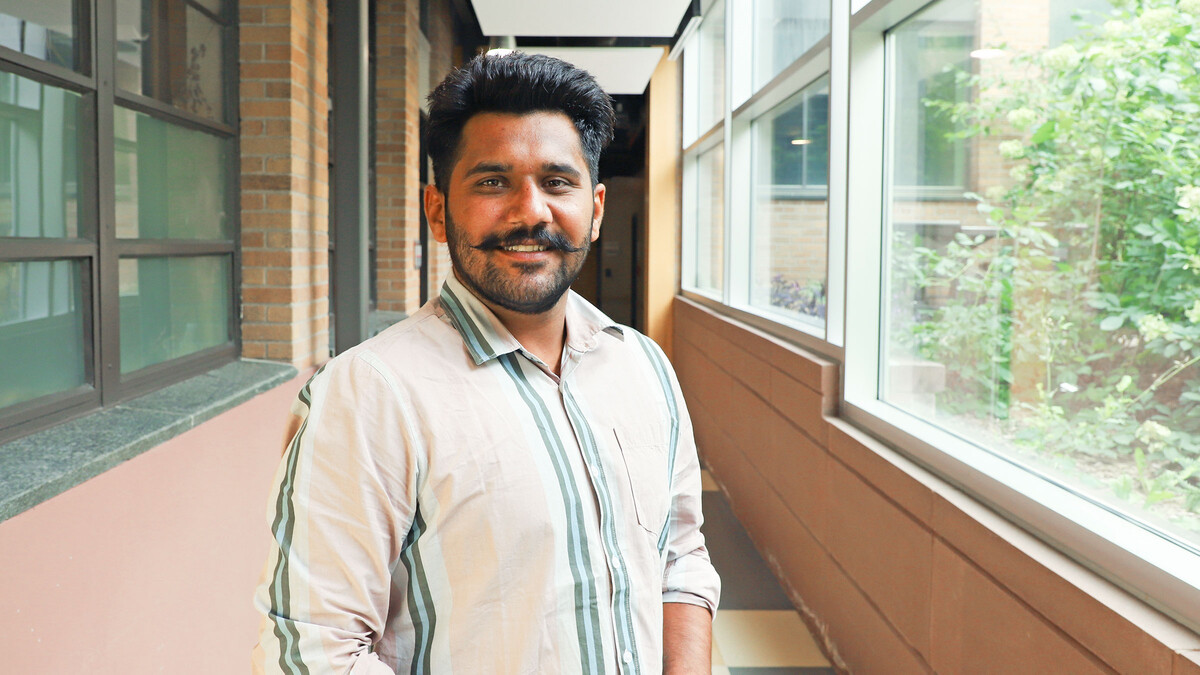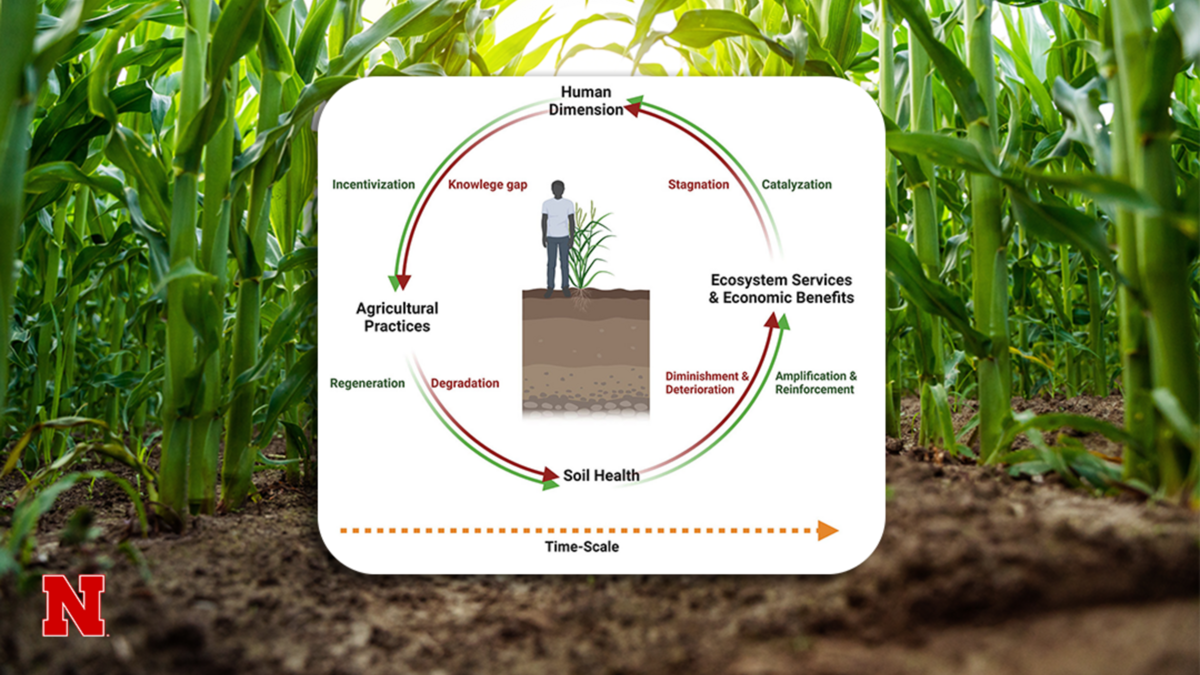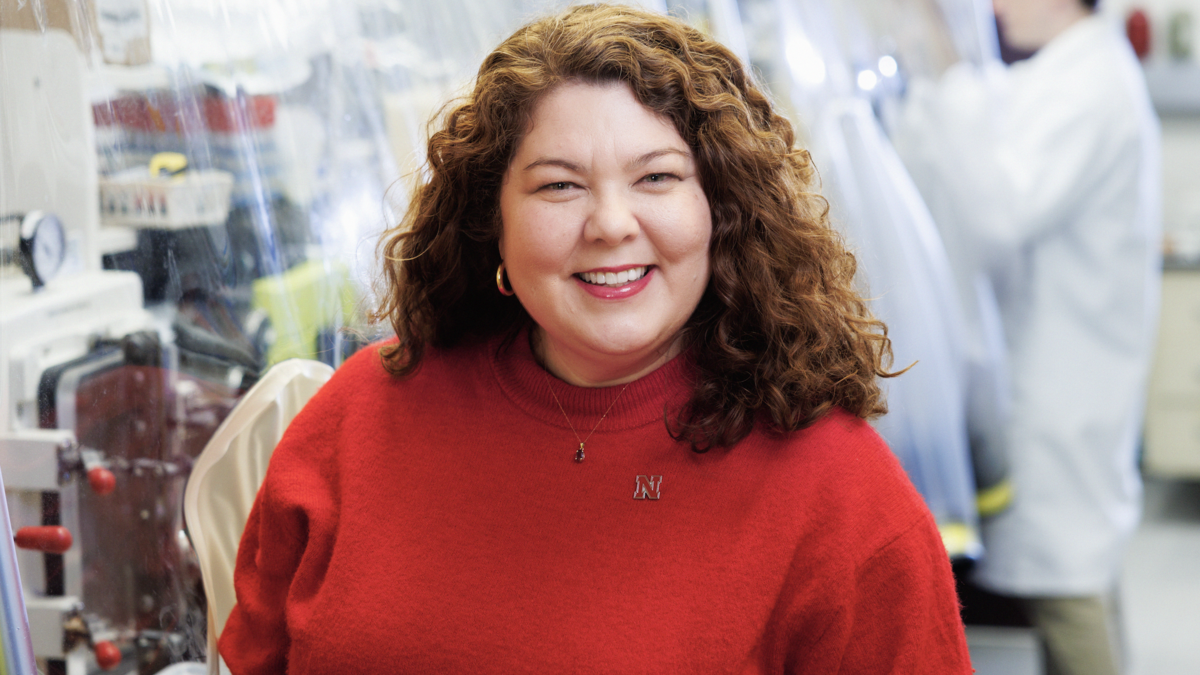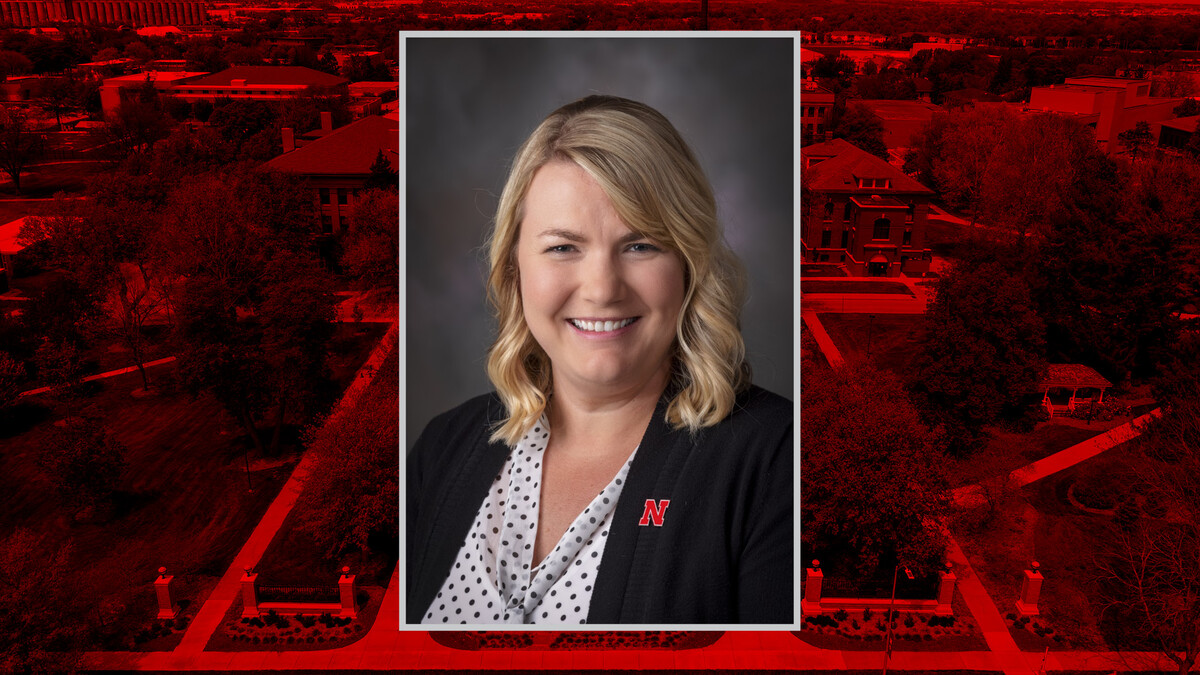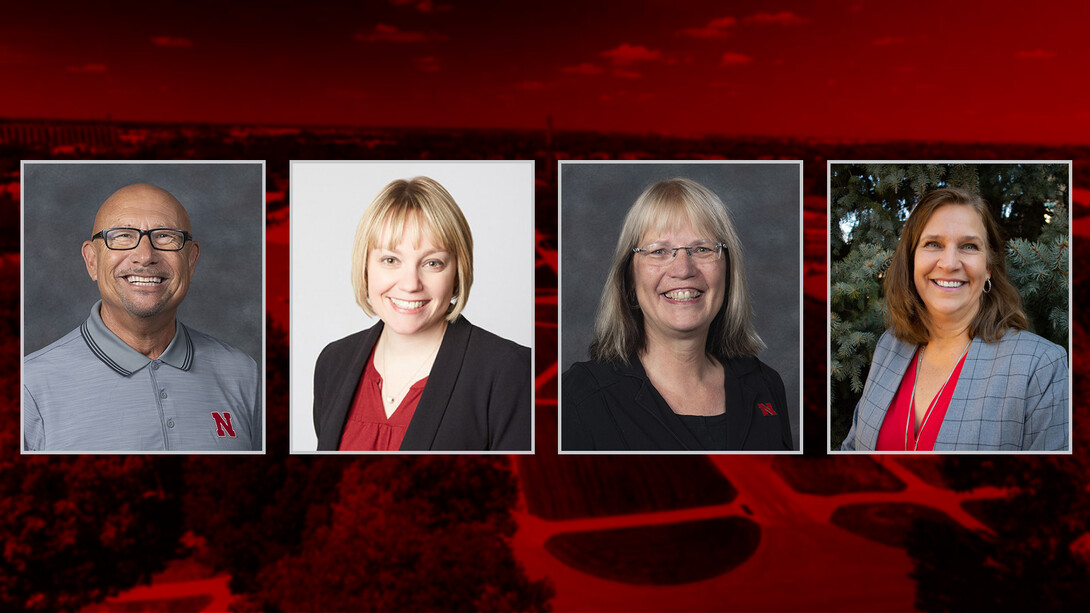
Lincoln, Neb. —The Center for Great Plains Studies has welcomed 15 new Great Plains Fellows into their ranks. Through museum exhibits, periodicals and scholarly programs, the Center explores the relationship between the region’s natural environment and the generations of people who have inhabited it. The new cohort of fellows included four Rural Prosperity Nebraska Extension educators—Ted Hibbeler, Brandi Hilton-Hagemann, Charlotte Narjes and Marilyn Schlake.
“Being raised in a small town, I have always been passionate about rural development issues, from farming to working with communities and businesses to create greater opportunities,” said Schlake, who works in the department of agricultural economics. “I saw the Center for Great Plains Studies as a method to further my passions and learn from other researchers and practitioners.”
Great Plains Fellows work on projects that further scholarship, appreciation for and investment in the natural environment and various cultures of the Great Plains. Past fellows’ projects have included writing books, publishing the Great Plains Quarterly and Great Plains Research journals, organizing conferences and serving on award committees. The specialties of such projects also run the gamut, from geology to broadcasting to history to food systems to indigenous studies.
For example, Hibbeler, who leads UNL’s Native American Coalition, is working on a project with Center Director Margaret Jacobs. They are creating a website that would act as a hub for Great Plains Tribal Nations to showcase their economic development and trade capacity.
Projects such as Hibbeler’s pull from fellows’ expertise to expand the reach and scope of the Center. In 2022 alone, the Native American Coalition have generated $1.9 million in USDA grant funds to support urban and rural tribal communities in developing food sustainability programs. But these projects are not conducted only by incoming fellows.
“[Our 232 fellows] are a bank of experts about all things Great Plains,” said Katie Nieland, associate director of the Center. “Together they create a network to examine the big ideas/problems/opportunities of the region.”
“The Great Plains has a rich history that we can all learn from and build upon for future successes,” said Narjes. “The inter-disciplinary approach to the Center brings those of us working in the area together to look at issues collectively rather than from one discipline.”
One hallmark of the Center is the Great Plains Art Museum, an exhibition repository for art and literature centered on the Great Plains and its history.
“The Center and Museum serve as a connecting point between the university and the wider state and region,” said Nieland. “We will often be a person's first stop if they want information about the region. The work [the fellows] do individually serves to create a fuller picture of the Plains when taken collectively.”
“I have an immense amount of respect for the Center for Great Plains Studies,” said Hilton-Hagemann. “As a trained historian, but also a lifelong resident of the Plains, I have always enjoyed their programming, educational outreach, and exhibits, which raise awareness about the place that we call home.”
Hibbeler, Hilton-Hagemann, Narjes and Schlake join their fellow Extension educators, Cheryl Burkhart-Kriesel, Shawn Kaskie and Kim Wilson, who are already serving as Great Plains Fellows. Becoming a Great Plains Fellow is a natural occupational fit, as many of the Center’s goals align with Rural Prosperity Nebraska’s. Focused on community development, Extension educators work with Nebraska communities to strengthen their own cultures and relationships with neighboring communities through economic development, leadership education, regional foods systems, attraction of new residents, and space and place improvement.
“I am excited to be part of a diverse community of professionals who are immersed in conversations about the people, cultures, and dynamic spaces found in the Great Plains region,” said Hilton-Hagemann. “I hope that by engaging with other fellows we might be able to bring those conversations to Nebraska communities in a meaningful way.
For more information about the Center for Great Plains Studies, visit the website.
For more information about the Great Plains Art Museum, visit the website.

